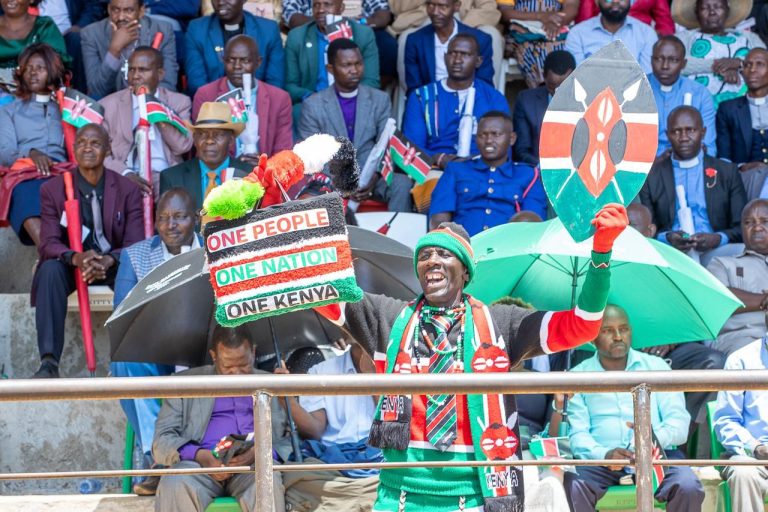- Demand for short-term securities plunges as investors chase longer maturities
- Analysts see inflation easing and borrowing appetite moderating through 2025
ABUJA, NIGERIA – Investor demand for Nigeria’s short-term and mid-term treasury bills plunged sharply last week, as buyers shifted toward longer-dated notes to lock in yields ahead of expected rate cuts.
The auction drew N1.1 trillion ($752 million) in subscriptions – 1.9 times the N570 billion ($390 million) offered – compared with N1.6 trillion ($1 billion) at the previous sale, which was 5.5 times oversubscribed. The government allotted the full N570 billion, matching its offer size, according to results seen by Allen Dreyfus.
The 91-day bill, worth N100 billion, attracted just N26 billion in bids, while the 182-day note saw N52.1 billion. In contrast, investors flooded the 364-day paper with N986.3 billion in bids, reflecting appetite for long-tenor assets amid a softer monetary outlook.
Shifting sentiment amid policy easing
“The outcome of the auction signals that people are not really interested in tying down their funds for those short tenors at those rates,” said Tobechukwu Ikpe, fixed-income trader at Access Bank.
“And while there is a whole lot of interest in the long tenor, it’s because they still expect rate declines going into next year.”
Nigeria, which had maintained a contractionary stance since May 2022, cut its key interest rate by half a percentage point in September, marking a policy shift toward growth.
“The general expectation now is that inflation will continue to decline and the CBN will continue to cut the MPR rate,” Ikpe added.
While the stop rate on the 364-day bill dropped by 1%, the 182-day rate eased by 0.05%, and the 91-day paper held steady. The unchanged allotment size suggests a measured borrowing approach by the government.
“For their borrowing plan, they are not really aggressively borrowing anymore. It seems like they are going to stay in line with their borrowing plan for the rest of the year,” Ikpe said.
Analysts say the pattern reflects cautious optimism – a sign that as inflationary pressures ease, Nigeria’s fixed-income market may be entering a steadier phase.











